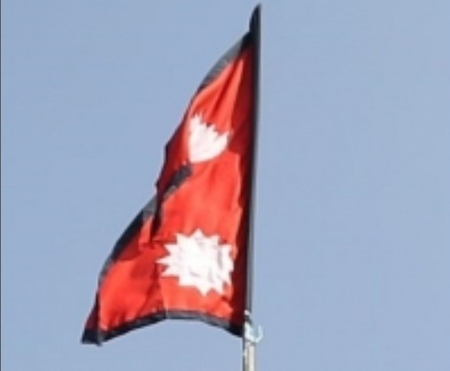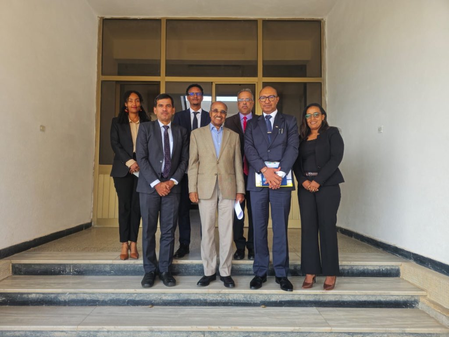
Kathmandu, Nov 16 (IANS) Nepal’s insurance regulator has instructed insurers to freeze assets linked to organisations and individuals involved in terrorism and to deny them insurance services, as the country seeks to be removed from the Financial Action Task Force (FATF) grey list.
Nepal’s deficiencies in legislating targeted financial sanctions (TFS) against terrorist organisations and individuals have been identified as one of the reasons behind the country’s inclusion in the list maintained by the global anti–money laundering body.
Nepal was placed on the FATF grey list in February, and the listing was extended in October this year.
The FATF said that countries or jurisdictions included in the grey list are those actively working with FATF to address strategic deficiencies in their regimes to counter money laundering, terrorist financing, and proliferation financing.
The FATF does not call for enhanced due diligence measures for these jurisdictions.
The FATF standards do not envisage de-risking or cutting off entire classes of customers in grey-listed jurisdictions but instead call for the application of a risk-based approach.
By issuing the Guidelines on Targeted Financial Sanctions for Insurers, 2025, last week, the Insurance Authority — the regulator of Nepal’s insurance sector — has ordered insurers to freeze the assets of individuals and organisations designated as terrorists by the United Nations Security Council (UNSC) and to deny them insurance services.
Among the organisations designated as terrorist entities by the UNSC are Lashkar-e-Toiba (LeT), Jaish-e-Mohammed (JeM), and Harakat-ul-Jihad Islami (HuJI), all of which have been accused of carrying out terrorist attacks in India.
According to the regulator, asset freezing includes prohibiting the issuance, transfer, conversion, settlement of claims, provision of insurance services, or movement of any funds or assets owned or controlled by a designated person.
Insurers must also ensure a prohibition on offering any insurance policy, funds, or services.
“This means the prohibition to provide funds to, or render financial or other services related to, any designated person,” the Insurance Authority said.
“Freezing measures may include suspending access to insurance services, blocking transactions, stopping the facilitation of ownership or nominee transfers, and prohibiting the onboarding or provision of any form of insurance service to a designated person.”
The purpose of targeted financial sanctions is to deny designated persons the means to violate international peace and security, support terrorism, or finance the proliferation of weapons of mass destruction, the insurance regulator said.
The regulator added that insurers must note that TFS restrictions published by the UN and the Domestic Terrorist List are subject to change.
“It is the obligation of insurers to ensure that relevant controls and procedures are in place to maintain up-to-date systems to effectively implement TFS restrictions,” the insurance regulator said.
Insurers should subscribe to the UN list to receive automated email notifications from sc-sanctionslists@un.org.
This registration helps insurers receive updated and timely information on the listing and delisting of individuals, groups, or entities on the UN List.
Additionally, insurers should subscribe to an automated email or mobile notification mechanism or register themselves on the TFS portal operated by Nepal’s Ministry of Home Affairs.
Insurers must conduct ongoing and daily checks — preferably through an automated mechanism — against the relevant databases to identify possible matches with names on the sanctions list.
In the event of a confirmed match, all funds belonging to such an individual or organisation must be frozen without delay.
Failure to comply with TFS obligations will result in consequences for insurers, ranging from warnings to the revocation of their license.
“The insurers are subject to financial sanctions ranging from NPR 1 million to 50 million,” the regulator said.
Earlier, Nepal’s central bank — Nepal Rastra Bank and the stock market regulator — Securities Board, Nepal had separately issued “Guidelines on Targeted Financial Sanctions”, instructing institutions to regularly update the details of individuals, groups, or organisations sanctioned by the United Nations and the Ministry of Home Affairs and to halt any transactions with them.
–IANS
int/scor/khz




